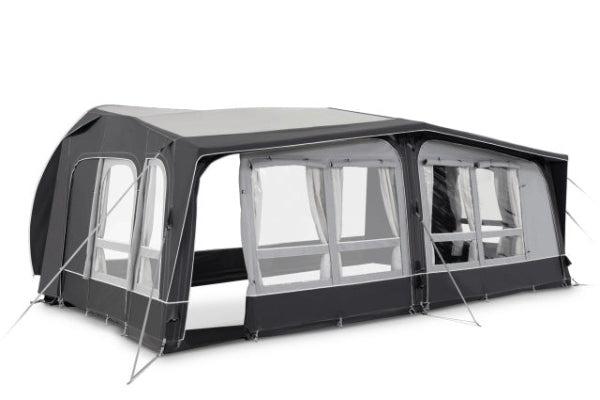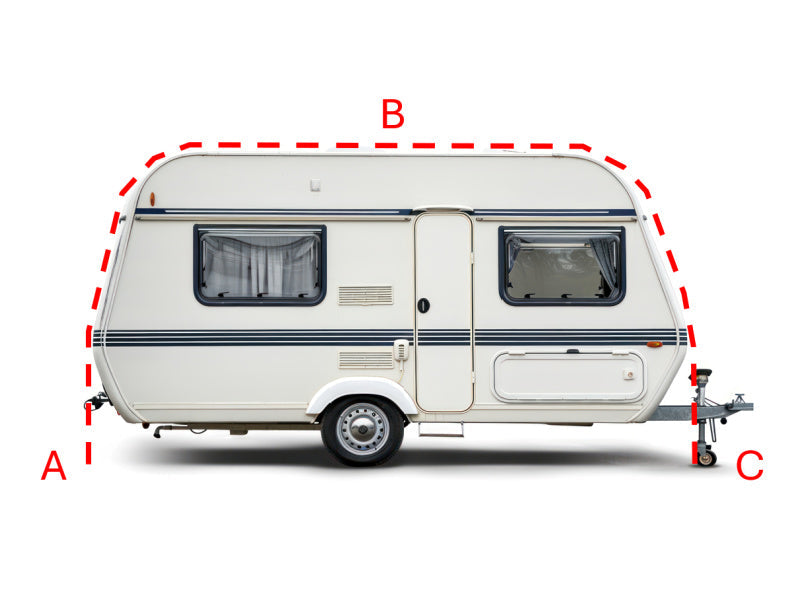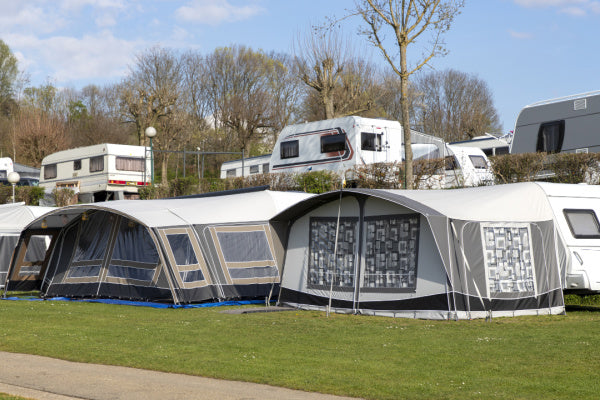Is a 2000-watt Generator Enough to Run a Kettle?
Can your camping generator handle your morning cuppa? Short answer: maybe—a 2000-watt generator can run a kettle if the kettle’s wattage is low enough. But between inrush surges and power limits, it’s not that simple. Read on to avoid frying your gear—or going without tea in the wild.
Understanding the Power Equation: Kettles vs. Generators
How Much Power Does an Electric Kettle Actually Need?
Typical Wattage Range of Electric Kettles (Standard vs. Travel/Low-Wattage Models)
Most electric kettles in the UK draw between 2000 and 3000 watts. Travel kettles or compact designs use less, typically around 1000 to 1500 watts.
These lower-wattage models boil water more slowly but are more generator-friendly. Full-sized standard kettles, however, need more power to bring water to a boil quickly.

Why Kettles are High-Demand Appliances (Heating Elements Explained)
Electric kettles heat water using a resistive heating element. This type of component pulls a large amount of electricity over a short time.
That’s why kettles are among the most power-hungry household appliances—right up there with toasters and hairdryers.
Checking Your Kettle’s Wattage: Finding the Label
To be sure, always check your kettle's wattage. Look for the rating plate on the bottom or base of the kettle, or consult the manual.
This figure tells you how much power the kettle needs and helps determine whether a 2000-watt generator is a safe match.
What Does a 2000-Watt Generator Truly Offer?
Running Watts vs. Starting (Surge) Watts – Does it Matter for a Kettle?
Generators have two power ratings: running watts (continuous output) and surge watts (for short bursts).
Kettles don’t have motors, so their surge isn’t huge—but there is still an inrush current when they start. This short spike can push demand above the kettle’s stated wattage.

Understanding Continuous Power Output of Your Generator
A typical 2000-watt generator provides around 1600 to 1800 watts of steady output, with short-term surges up to 2000 watts.
This means you need a kettle that fits comfortably within the continuous power range—not just under the peak rating.
Factors Affecting Generator Output (Age, Maintenance, Altitude)
Real-world performance can vary. If your generator is old, poorly maintained, or used at high altitude, its actual output may dip below its rated power.
Even fuel type and outdoor temperature can make a difference. Always consult the manufacturer’s guide for optimal use.
The Verdict: Will Your Kettle Work with a 2000W Generator?
Yes, If: Scenarios Where a 2000W Generator is Sufficient
If your kettle uses 1800 watts or less, your 2000-watt generator should handle it just fine—especially if you aren’t running other devices.
Compact or travel kettles are ideal in this case.
No, If: When a 2000W Generator Will Likely Struggle or Fail
If your kettle draws more than 2000 watts, or your generator is already running other appliances, expect issues.
High-wattage kettles may trip the generator’s breaker or shut it down completely.
The “Maybe” Zone: Borderline Cases and Potential Issues
Kettles in the 2000–2200W range can go either way. Even if the generator starts the kettle, it may not hold steady output.
Voltage drops, breaker trips, or mid-boil shutdowns are all possible. Keep this in mind before risking your morning brew.

Smart Choices & Alternatives for Boiling Water with a 2000W Generator Setup
Tips for Successfully Using an Electric Kettle with a 2000W Generator
Prioritising the Kettle: Minimising Other Electrical Loads
Make sure the kettle gets all the available power. Don’t run other appliances while boiling water.
Even something small, like a phone charger or light, can push the load too far.
Choosing the Right Kettle: Opting for Lower Wattage Models
Look for a kettle that’s specifically marketed as low-wattage. These often fall between 1000 to 1800 watts.
They may take longer to boil but are much safer to use with a portable generator.
Importance of Generator Condition and Fuel Levels
Keep your generator well-maintained. A clean air filter, healthy spark plug, and full fuel tank help ensure consistent performance.
Underperforming equipment is a common reason why even modest kettles fail to run.
Alternatives to High-Wattage Electric Kettles When Using a 2000W Generator
Low-Wattage Travel Kettles (Pros and Cons)
Travel kettles are compact, efficient, and designed for low power use. But they boil slowly and hold less water.
They're good for camping or emergencies, but not ideal for large households or heavy use.
Stovetop Kettles (Using a gas burner or a low-power electric hot plate if compatible)
A classic stovetop kettle on a gas stove—or a compatible low-wattage electric hot plate—can be a reliable workaround.
These require no surge handling and take strain off your generator.
Other Hot Water Methods for Camping or Power Outages
You can also use solar kettles, immersion heaters, or even boil water on an open flame.
These traditional methods don’t rely on electricity and can save generator fuel for more essential devices.
Other content you might like:
- Will A 2000-Watt Generator Run My Camper?
- What Can You Power Off A 2000-Watt Generator?
- Do I Need a Generator When Camping?
- What is The Best Generator For Camping?
- Which is Better For Camping, an Inverter or a Generator?
- How to Choose a Generator for Camping?
- What is The Life Expectancy Of a Portable Generator?
- What are the disadvantages of a portable generator?
- Will a 1000W generator run a refrigerator?
- How big of a generator do I need for camping?
- Should you leave a generator on all night?





Leave a comment